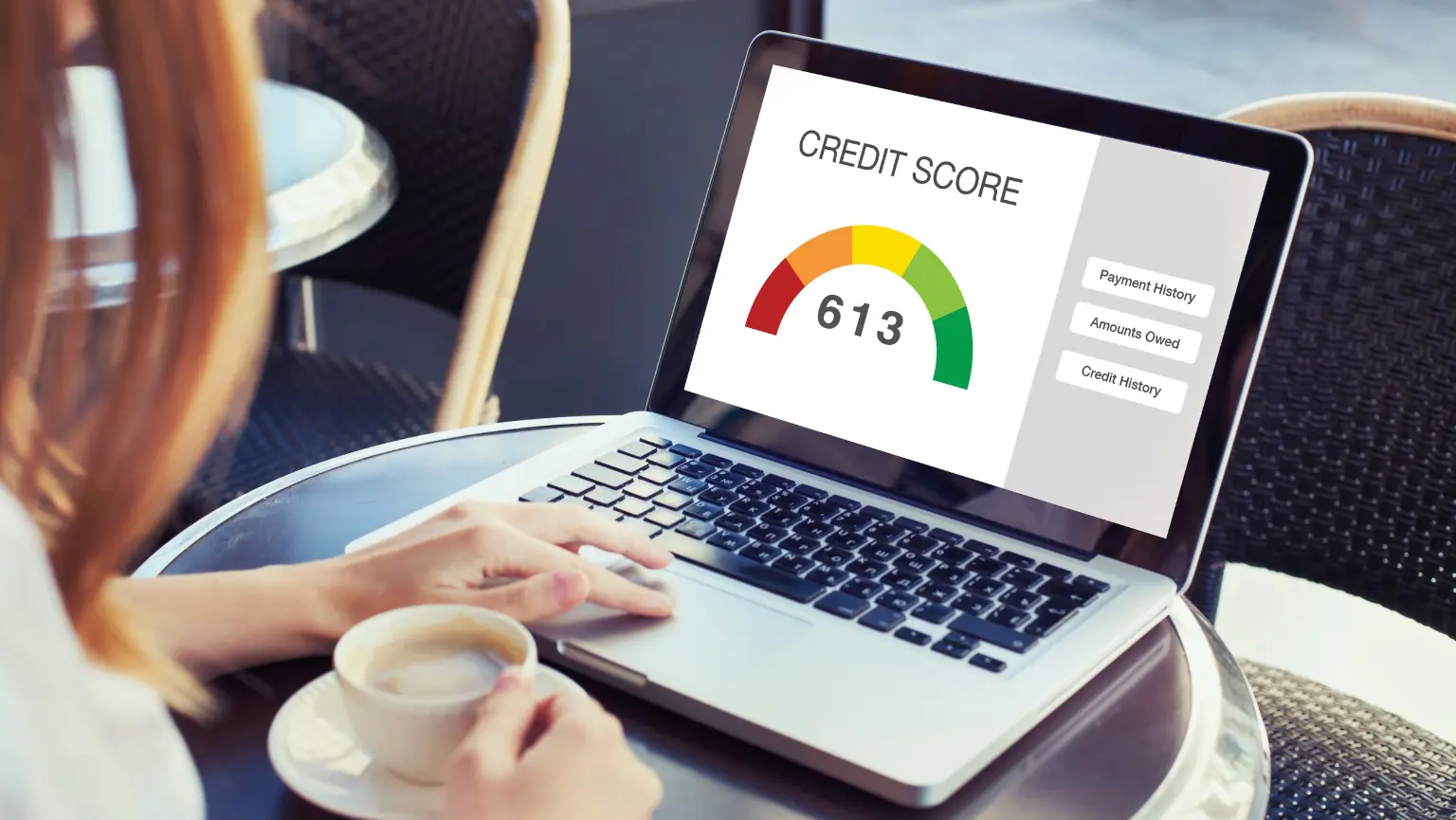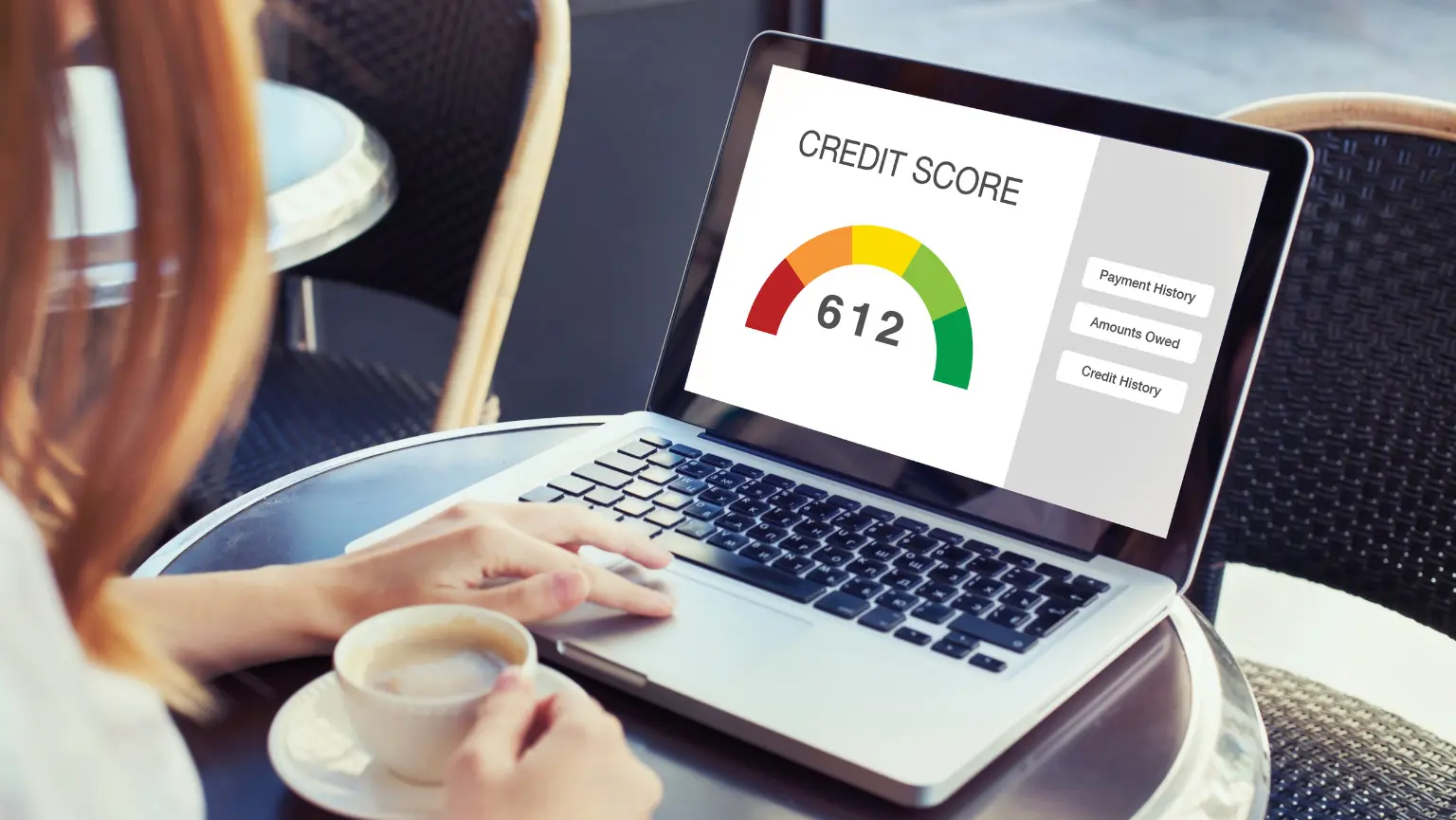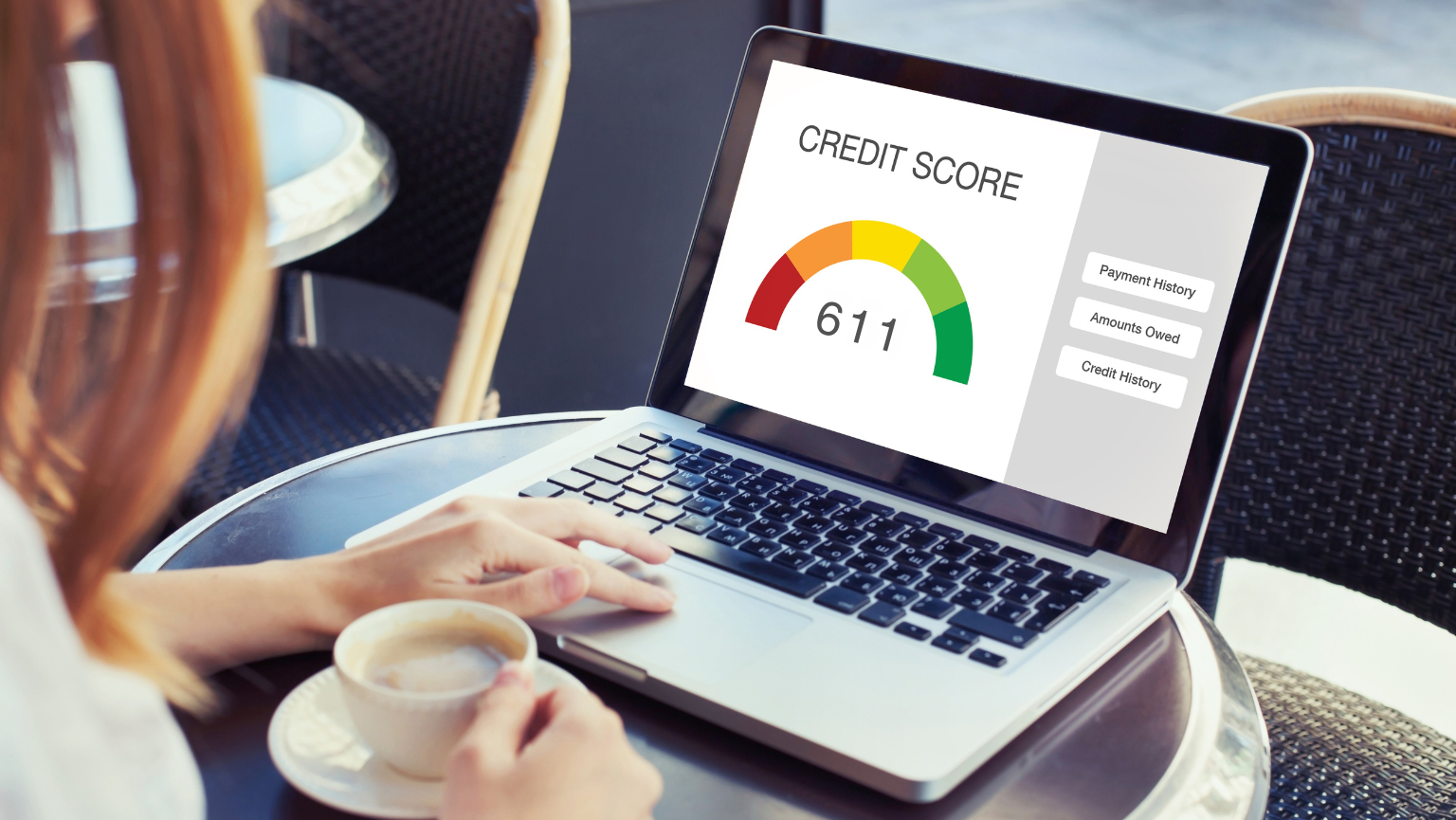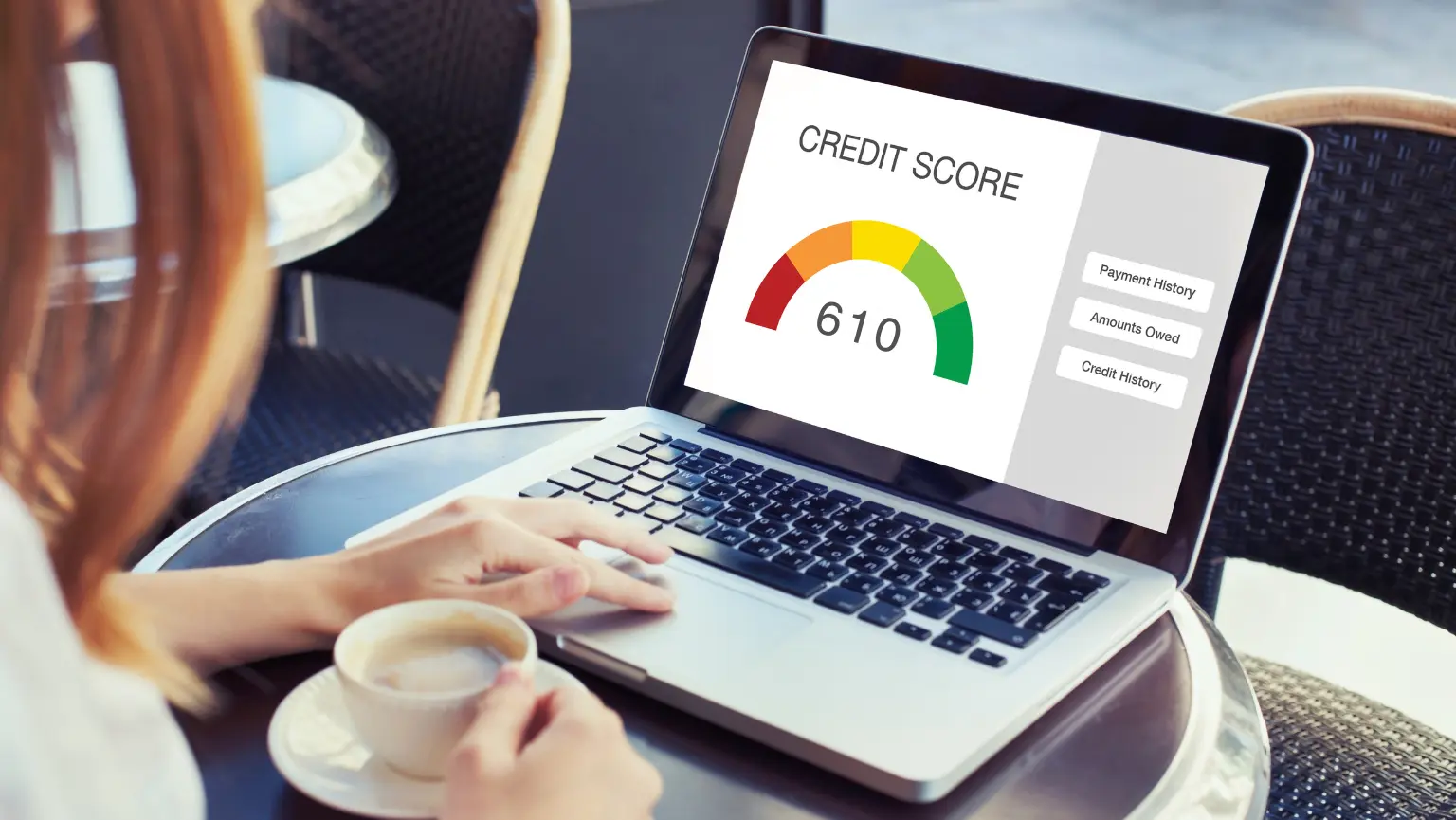
Introduction
If you’re wondering, “is 603 a decent credit score?” you’re not alone. Many people sit in the low 600s and want to know how lenders see this score. A credit score 603 generally falls into the fair credit category. It isn’t considered “good,” but it isn’t poor either. This article explains what a 603 credit score means, where it may help, and the challenges you might face.
For readers comparing nearby scores, you can also check what a 602 credit score means for loans and approvals.
Key Takeaway
- A credit score of 603 is considered fair, not good.
- You may still qualify for credit cards, personal loans, auto loans, and some mortgages, but expect higher interest rates.
- Approval chances vary depending on the lender and loan type.
- With consistent financial habits, a credit score 603 can improve over time, unlocking better financial opportunities.
Current Insights on a 603 Credit Score
Most lenders use the FICO scoring model, which ranges from 300 to 850:
- 300–579 → Poor
- 580–669 → Fair
- 670–739 → Good
- 740–799 → Very Good
- 800–850 → Excellent
A credit score of 603 sits in the fair range. So, when asking “is 603 a decent credit score?”, the technical answer is no it’s fair, not good. However, being in this range shows you already have some credit history that lenders can work with.
How a 603 Credit Score Compares in 2024
| Credit Score Range | Category | % of U.S. Adults | Typical Auto Loan APR (Used Cars) |
|---|---|---|---|
| 300–579 | Poor | ~16% | 17%+ |
| 580–669 | Fair | ~17% | 11–15% |
| 670–739 | Good | ~21% | 7–10% |
| 740–799 | Very Good | ~25% | 5–6% |
| 800–850 | Excellent | ~21% | 4–5% |
With a credit score 603, you fall in the fair range, slightly above 600, but still below the U.S. average of 717.
Practical Applications: Where It May Help
Even with a credit score 603, you may still have access to:
- Credit cards: Secured cards are almost always available, and some unsecured cards may approve you with higher rates.
- Auto loans: Financing is possible, though a larger down payment or co-signer may be required.
- Personal loans: You can qualify, but expect stricter terms and higher interest.
- Mortgages: FHA loans often accept borrowers with scores as low as 580, so a credit score 603 may qualify, depending on lender requirements.
Cautions and Limitations
While a 603 credit score opens some doors, it also comes with challenges:
- Higher borrowing costs: Interest rates are often well above those offered to borrowers with good or excellent credit.
- Stricter conditions: Lenders may ask for larger deposits, co-signers, or additional proof of stability.
- Uncertain progress: Moving from fair to good credit depends on consistent habits, but the timeline varies from person to person.
It’s also worth noting that not all lenders use the same scoring model. A credit score 603 on FICO may not align exactly with your VantageScore, which can lead to differences in approval odds.
What a 603 Credit Score Means for You
- A credit score of 603 is considered fair, not good.
- It may still allow access to credit cards, auto loans, and mortgages.
- Expect higher interest rates and limited lender options.
- With time and consistent financial habits, a 603 credit score can improve into the good range.
Final Thoughts on a 603 Credit Score
A credit score of 603 falls in the fair range, which means it is neither poor nor considered good. While this score can give you access to some credit cards, personal loans, auto loans, and even certain mortgage programs, you should expect higher interest rates and more restrictive conditions compared to borrowers with higher scores.







